 Sustainability is quickly becoming a core value across industries, with car accessories now trending toward eco-friendly alternatives. This shift is not just about brand image—political and regulatory pressures for reduced emissions and environmental impact increasingly influence it. As consumers prioritize green products, automakers, and accessory manufacturers are finding innovative ways to make their products sustainable and recyclable. The result is a growing market for accessories that meet environmental standards without sacrificing quality.
Sustainability is quickly becoming a core value across industries, with car accessories now trending toward eco-friendly alternatives. This shift is not just about brand image—political and regulatory pressures for reduced emissions and environmental impact increasingly influence it. As consumers prioritize green products, automakers, and accessory manufacturers are finding innovative ways to make their products sustainable and recyclable. The result is a growing market for accessories that meet environmental standards without sacrificing quality.
In the UK, companies like Car Plex UK lead the charge by offering a range of eco-conscious options, aligning with the push for more sustainable automotive products. The demand for green auto accessories shapes how manufacturers design their products and creates a competitive edge for businesses that embrace these changes.
How Political Trends Are Shaping Eco-Friendly Auto Accessories
Government policies aimed at curbing environmental damage significantly impact the auto industry. In recent years, numerous countries have tightened emissions standards, implemented restrictions on single-use plastics, and introduced recycling initiatives. These regulations create incentives for companies to innovate within the bounds of sustainability.
For instance, the UK has set goals to ban the sale of new petrol and diesel cars by 2030, which places added pressure on automakers to offer electric and hybrid options. Alongside these vehicles, the accessories market is shifting towards items that support a green lifestyle, such as biodegradable car cleaning products and recyclable mats and covers.
Key Political Initiatives Impacting Auto Accessories
Some prominent policy initiatives shaping sustainable auto accessories include:
- EU Circular Economy Action Plan: Focuses on promoting product recycling and longevity, encouraging manufacturers to make durable and recyclable accessories.
- UK Plastics Pact: This aims to reduce plastic waste in various industries, impacting the types of materials used in car accessories.
- Carbon Neutral Targets: Many countries are aiming for carbon neutrality by the mid-century, a goal that will influence automotive manufacturers to rethink their accessory designs and production methods.
These policies mean brands are looking at both the materials and the manufacturing processes used to create accessories, opting for lower-impact alternatives that can reduce emissions throughout the supply chain.
Innovations in Sustainable Car Accessories
Car accessory manufacturers are turning to materials that minimize environmental impact to meet the growing demand for sustainable options. Many companies are now exploring recycled materials, biodegradable products, and energy-efficient production methods.
Examples of Sustainable Car Accessories
Some common car accessories that are becoming more eco-friendly include:
- Recyclable Floor Mats: Made from recycled rubber or sustainably sourced natural fibers, these mats can be reprocessed at the end of their lifecycle, reducing waste.
- Eco-Friendly Cleaning Products: Conventional car cleaning products can contain chemicals that harm the environment. Eco-friendly alternatives use biodegradable ingredients, often with plant-based formulations.
- Solar-Powered Chargers: Instead of relying on traditional energy sources, these chargers utilize solar power to recharge devices on the go, a small step towards lowering overall energy consumption.
- Recycled Plastic Seat Covers: Recycled PET plastics are used to create seat covers, reduce plastic waste, and promote the recycling industry in automotive accessories.
Challenges in Implementing Sustainable Practices
Despite these advancements, the shift towards sustainable car accessories is not without challenges. Producing green alternatives can be costly, as eco-friendly materials often come at a premium. Additionally, changing production practices can be complex, particularly for manufacturers accustomed to traditional, less sustainable methods.
Another obstacle is consumer awareness. While the demand for sustainable products grows, not all car owners prioritize eco-friendly accessories. However, as political trends continue to push for sustainable policies, consumer attitudes may shift in favor of green alternatives.
Key Challenges for Manufacturers
- Cost of Sustainable Materials: Eco-friendly materials can be more expensive than their traditional counterparts, impacting product prices.
- Consumer Education: Many consumers are unaware of the benefits of sustainable car accessories, making it necessary for brands to invest in educational campaigns.
- Supply Chain Adjustments: To meet sustainability goals, brands must often overhaul their supply chains, which can be costly and time-consuming.
The Future of Green Auto Accessories
With increasing political support and consumer interest, the future of car accessories looks decidedly green. As environmental standards become stricter, more manufacturers will likely adopt sustainable practices to remain competitive. Government incentives, subsidies, and grants for eco-friendly products can also reduce the costs associated with sustainable production, making green car accessories more accessible.
The trend toward eco-friendly automotive products is also influencing the design and functionality of accessories. For example, using recycled materials often results in accessories with a unique aesthetic, and many products are designed for longevity, contributing to a lower environmental impact over time.
How Consumers Can Contribute to Sustainable Auto Trends
Consumers play a crucial role in driving the market for sustainable car accessories. By opting for green alternatives, they can support brands prioritizing eco-friendly practices and reducing the demand for less sustainable products.
Ways consumers can help include:
- Choosing accessories made from recycled or biodegradable materials.
- Supporting brands that openly commit to sustainability.
- Reducing waste by selecting high-quality, durable products that won’t need frequent replacement.
READ ALSO: Industrial Equipment and Environmental Regulations: How GRABE Aligns with Brazil’s Environmental Policies
Conclusion
Political and consumer-driven forces accelerate the push towards green car accessories, with companies like Car Plex UK setting an example through their sustainable offerings. As environmental awareness continues to grow, the automotive accessories industry is poised for a transformation toward sustainable, recyclable products. This shift presents an opportunity for consumers to make environmentally conscious choices that contribute to a greener future for the automotive sector.
The sustainable car accessory movement is more than a trend; it responds to global calls for responsible production and consumption. With more readily available eco-friendly options, the journey toward sustainable auto products is just beginning, and the industry’s future looks greener than ever.

 Sustainability is quickly becoming a core value across industries, with car accessories now trending toward eco-friendly alternatives. This shift is not just about brand image—political and regulatory pressures for reduced emissions and environmental impact increasingly influence it. As consumers prioritize green products, automakers, and accessory manufacturers are finding innovative ways to make their products sustainable and recyclable. The result is a growing market for accessories that meet environmental standards without sacrificing quality.
Sustainability is quickly becoming a core value across industries, with car accessories now trending toward eco-friendly alternatives. This shift is not just about brand image—political and regulatory pressures for reduced emissions and environmental impact increasingly influence it. As consumers prioritize green products, automakers, and accessory manufacturers are finding innovative ways to make their products sustainable and recyclable. The result is a growing market for accessories that meet environmental standards without sacrificing quality. These wheels are crafted to withstand the demands of off-road adventures while providing a sleek, modern look that complements any Toyota model. The design principles behind TRD emphasize durability without sacrificing performance, ensuring that you can enjoy your ride while being conscious of your environmental footprint. By opting for wheels that are engineered to last, you’re not only improving your vehicle’s appearance but also reducing the need for frequent replacements, ultimately leading to less waste.
These wheels are crafted to withstand the demands of off-road adventures while providing a sleek, modern look that complements any Toyota model. The design principles behind TRD emphasize durability without sacrificing performance, ensuring that you can enjoy your ride while being conscious of your environmental footprint. By opting for wheels that are engineered to last, you’re not only improving your vehicle’s appearance but also reducing the need for frequent replacements, ultimately leading to less waste. Another vital maintenance tip is to
Another vital maintenance tip is to 

 The fashion industry is increasingly
The fashion industry is increasingly  What is an AI Email Writer and How Can it Benefit Your Blog?
What is an AI Email Writer and How Can it Benefit Your Blog? Secondly, an AI email writer can help you
Secondly, an AI email writer can help you 
 Learning What Is the Main Concern
Learning What Is the Main Concern The process starts with an idea, usually from a lawmaker who sees a problem or an area that needs to be fixed. The idea is then turned into a bill, which is a formal plan that lays out the law that would be made.
The process starts with an idea, usually from a lawmaker who sees a problem or an area that needs to be fixed. The idea is then turned into a bill, which is a formal plan that lays out the law that would be made.

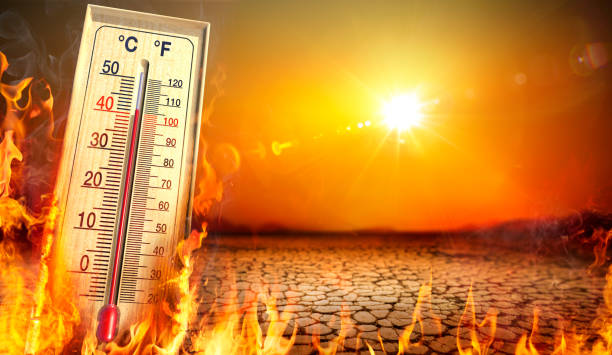
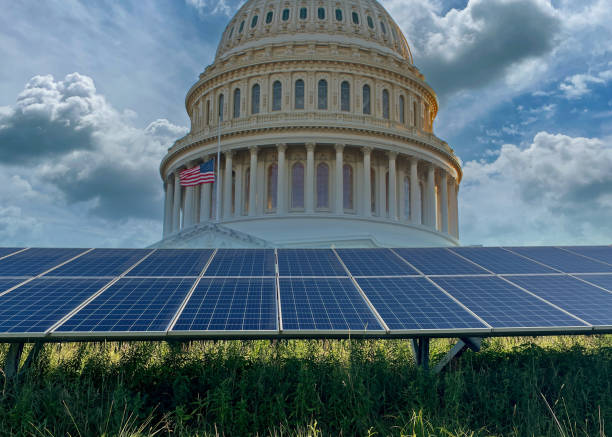

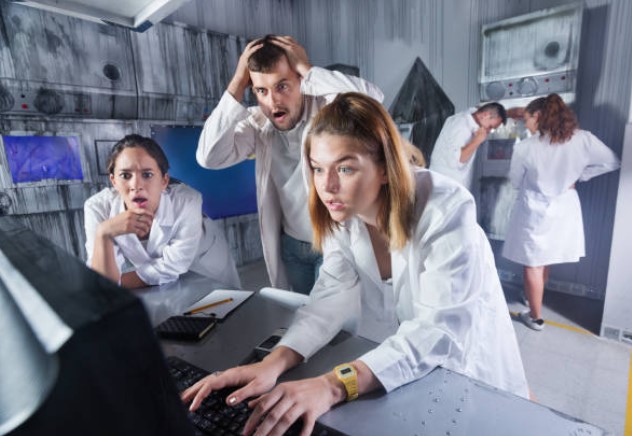
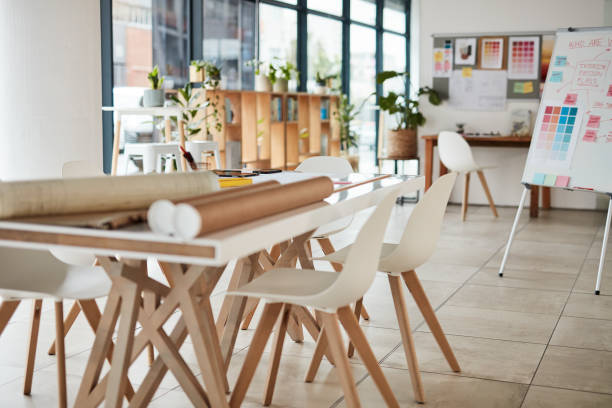


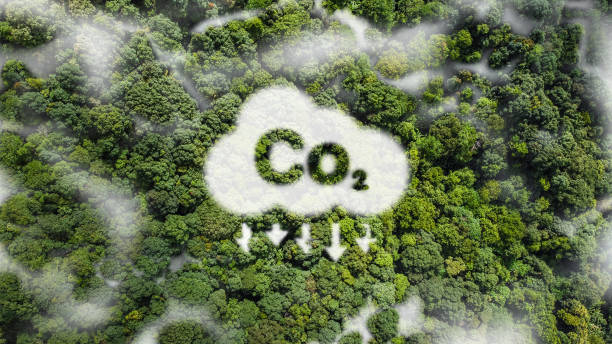
 from Denver to Aspen a safe and secure journey under all types of Colorado Rocky Mountain weather and
from Denver to Aspen a safe and secure journey under all types of Colorado Rocky Mountain weather and  Aspen is a famous resort town offering year-round outdoor winter sports recreation through ski resorts, including the now famous Aspen Snowmass. The slopes of this iconic mountain town have been attracting visitors since the 1800s, particularly skiers and snowboarders coming from different parts of the world. An iconic mountain town located in the heart of Colorado’s Rocky Mountains, the town owes its breathtaking scenery to the wilderness of the Red Mountain on the north side, the Aspen Mountain on the south side and the Smuggler Mountain on the east side.
Aspen is a famous resort town offering year-round outdoor winter sports recreation through ski resorts, including the now famous Aspen Snowmass. The slopes of this iconic mountain town have been attracting visitors since the 1800s, particularly skiers and snowboarders coming from different parts of the world. An iconic mountain town located in the heart of Colorado’s Rocky Mountains, the town owes its breathtaking scenery to the wilderness of the Red Mountain on the north side, the Aspen Mountain on the south side and the Smuggler Mountain on the east side.


